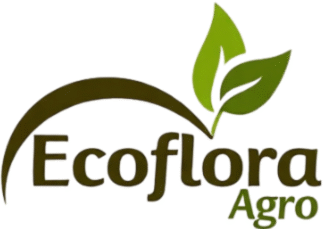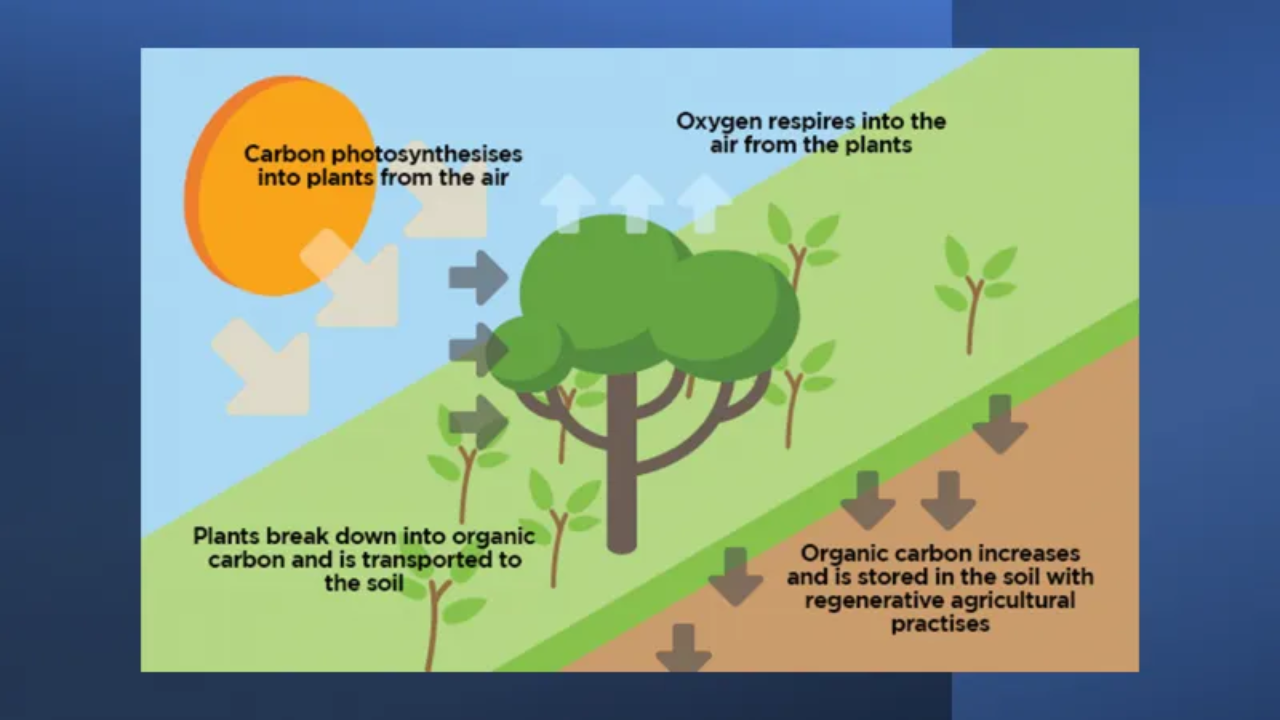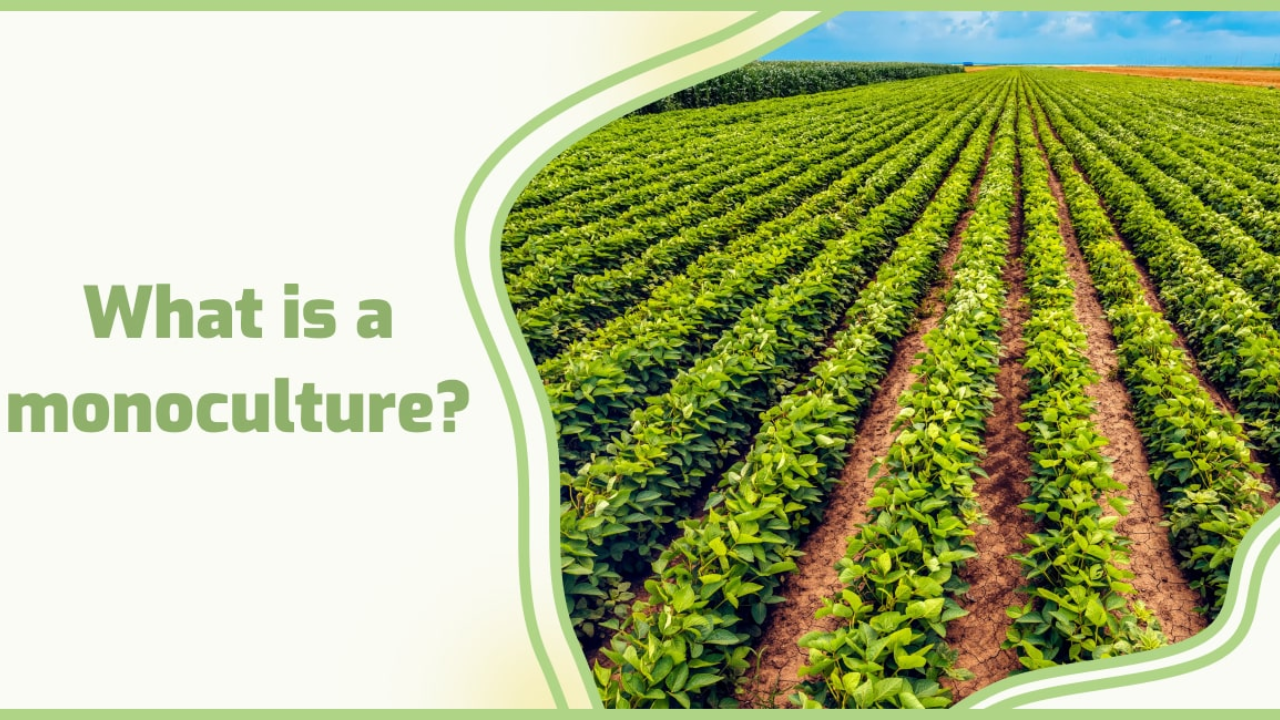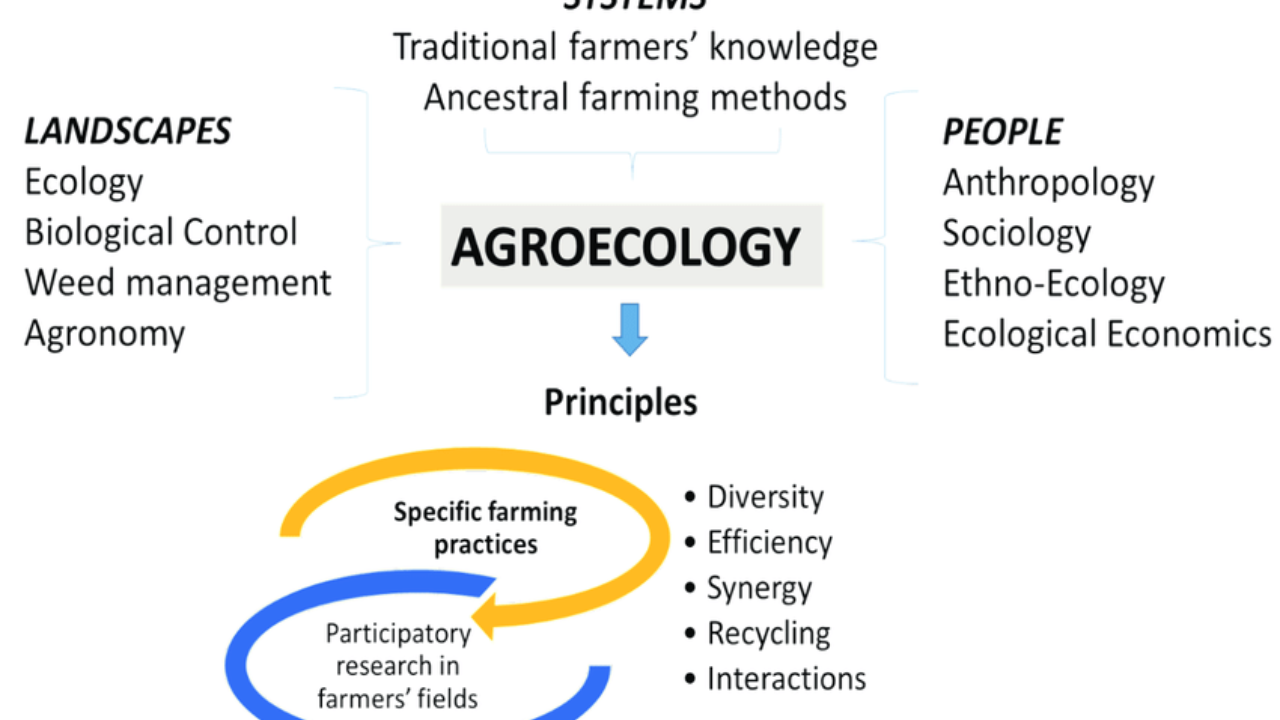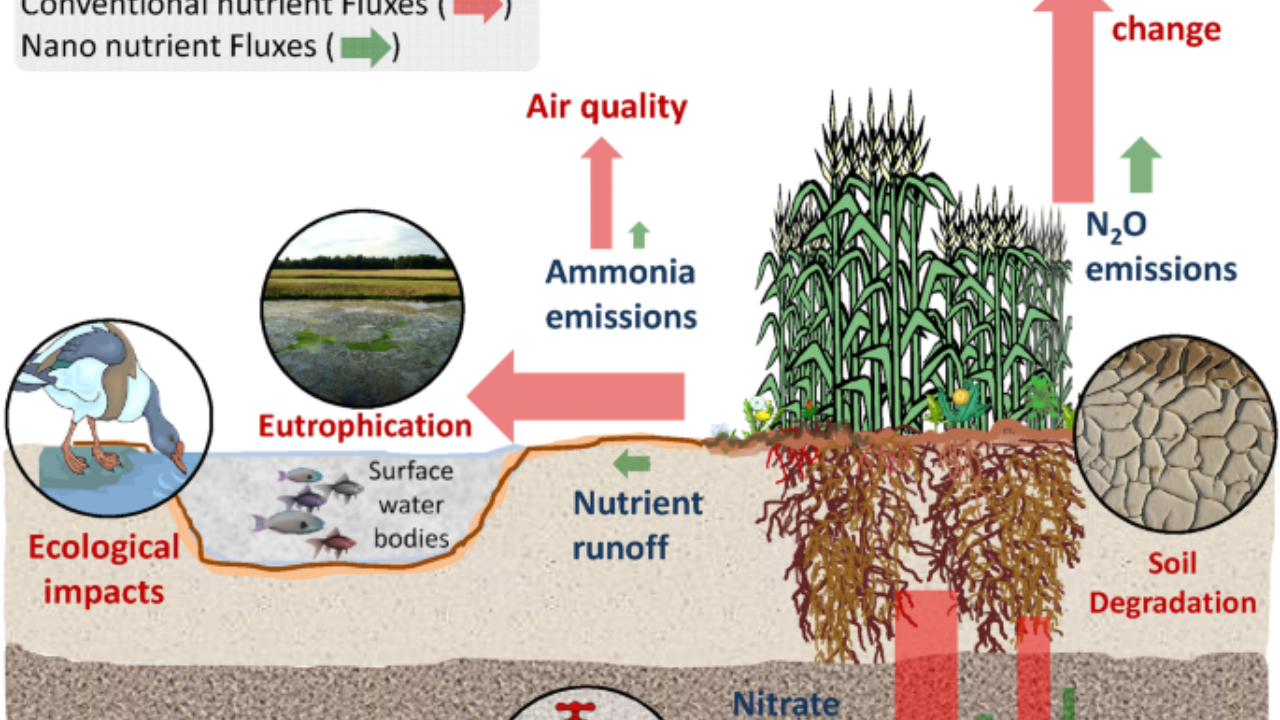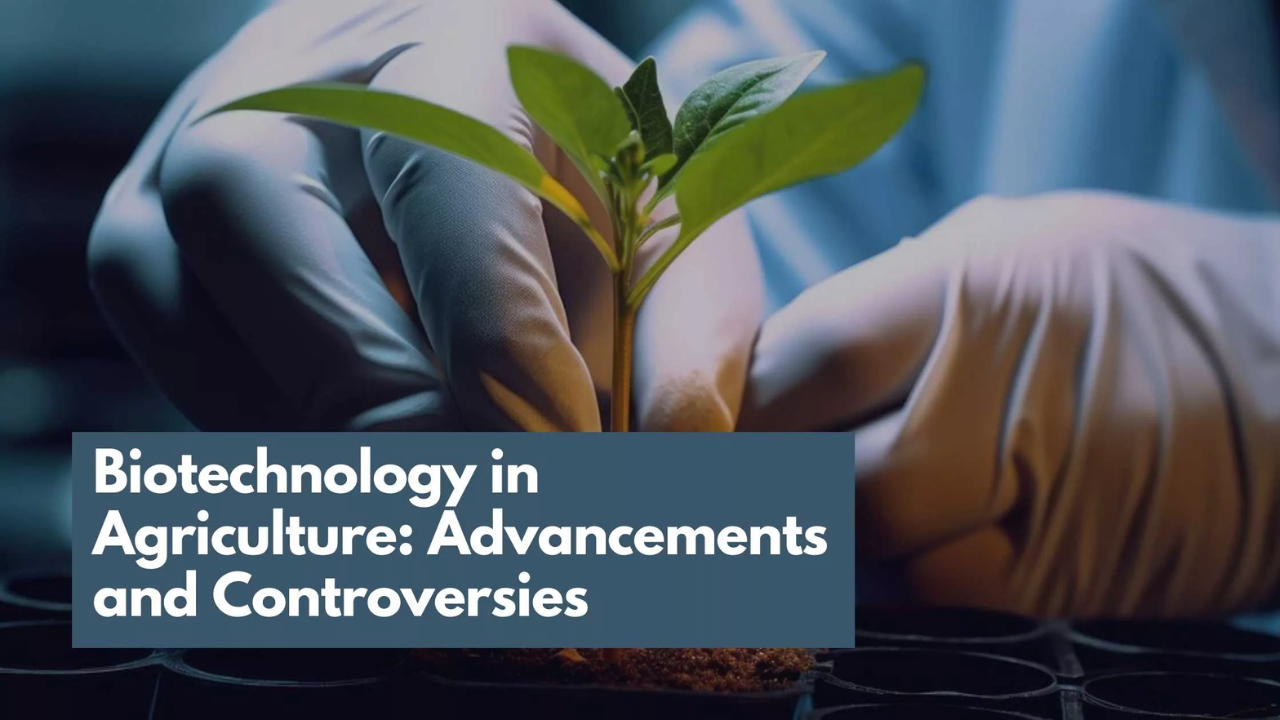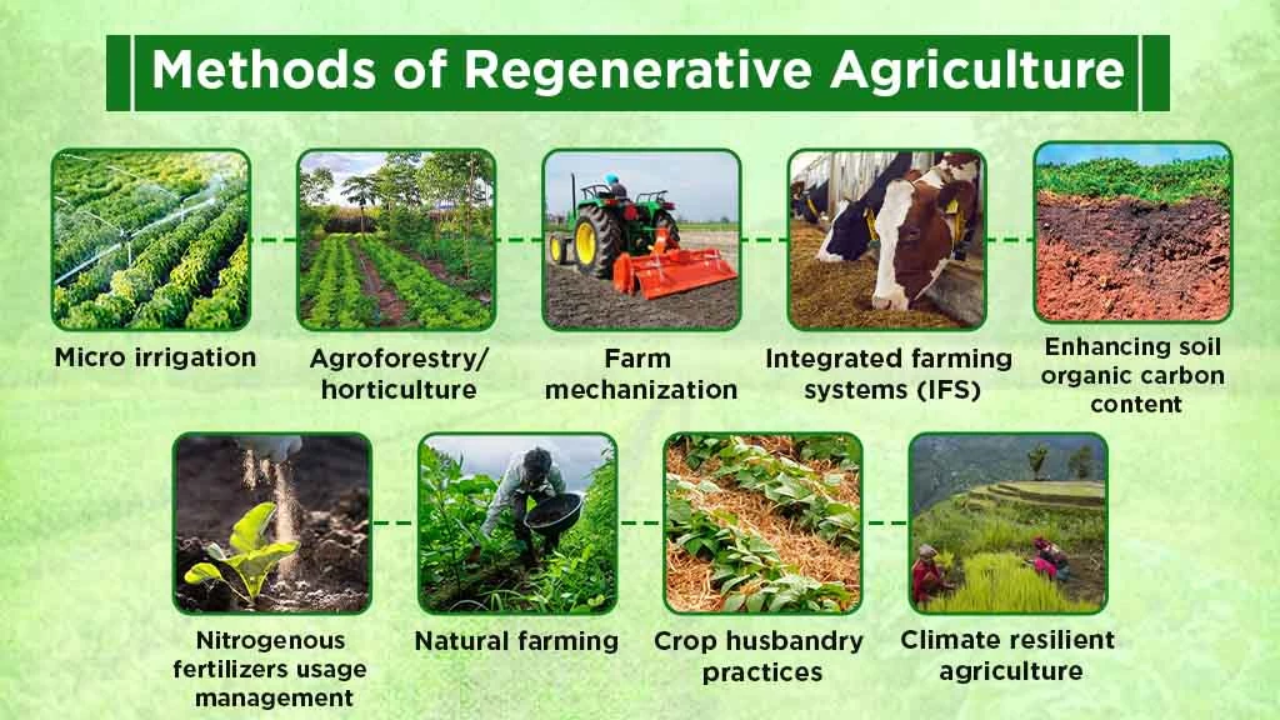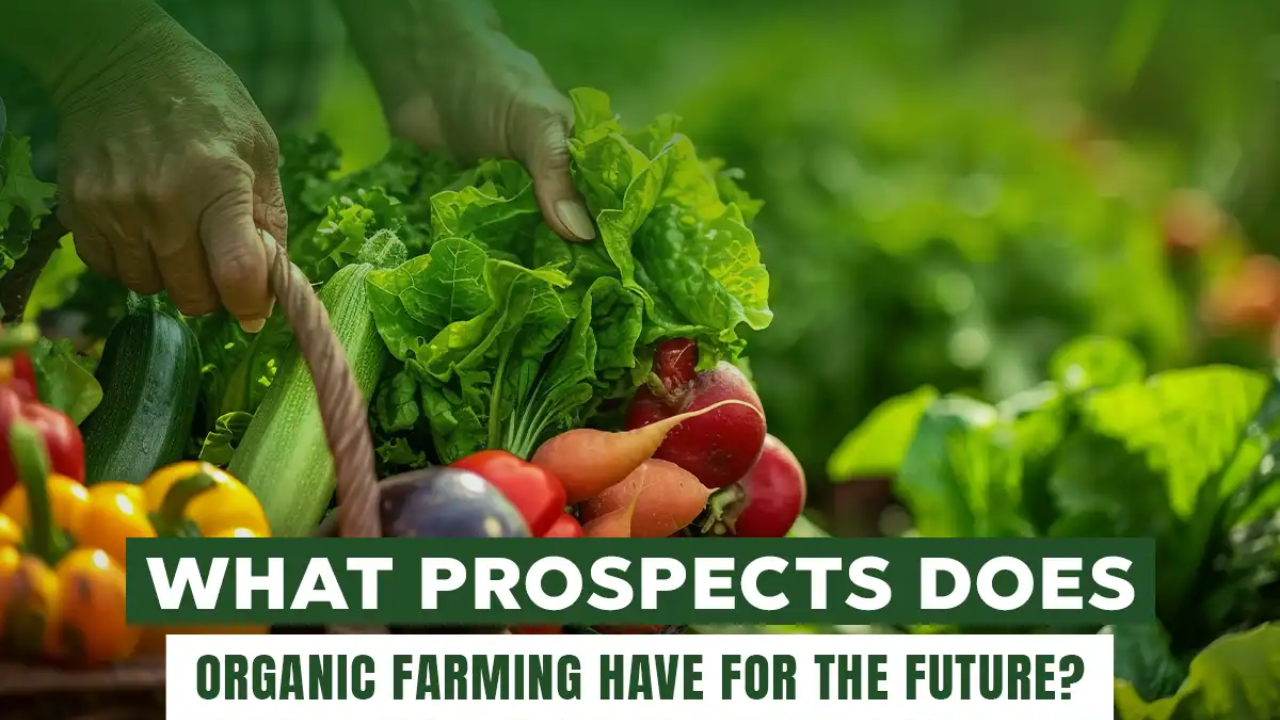Water-Smart Farming: Efficient Irrigation & Rainwater Harvesting Innovations
As freshwater becomes an increasingly scarce resource due to climate change, population growth, and agricultural expansion, the spotlight has shifted to water-smart farming. This approach focuses on improving water-use efficiency through modern irrigation systems and rainwater harvesting innovations, ensuring that crops thrive with minimal waste. In this article, we explore key water-saving technologies, real-world success … Read more
